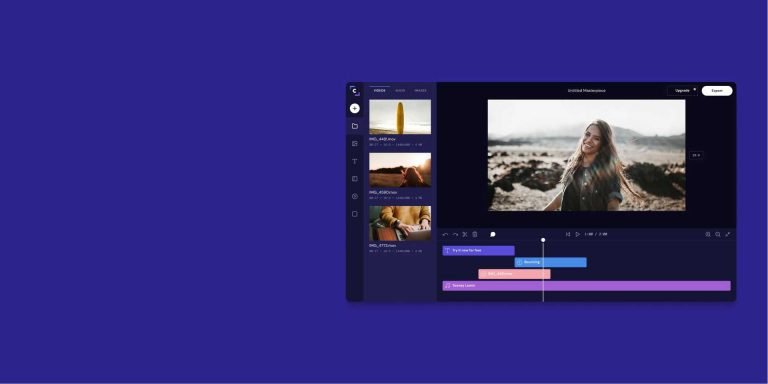A Sky Full of Stories
The night sky has inspired writers since the first myths were told around open fires. Each star sparked tales of gods heroes and endless journeys beyond the horizon. Today those same stars invite exploration through e-books where the vast library of cosmic ideas can be reached with a single click. Reading about space has never been easier and the digital shelf stretches farther than any telescope can see.
The beauty of reading about the cosmos is not only in the science but in the way stories give shape to wonder. Modern e-books gather research fiction and poetry under one roof. With Zlib it is easy to explore a large learning collection that combines technical insight with imagination. A page might explain the mechanics of a black hole while the next offers a lyrical description of a comet glowing across the night. That mix keeps readers grounded yet dreaming.
Mapping the Universe in Words
Astronomy e-books do more than describe the cold facts of physics. They pull the curtain back on discovery and reveal the human side of science. Astronomers chase light across millions of years yet they often describe their work in language that sounds like music. These e-books let readers follow that rhythm. They transform distant galaxies into neighbors and dark matter into a puzzle that feels just close enough to solve.
Writers have always compared the cosmos to the sea. Both are vast both hide secrets and both make explorers restless. Reading about stars through e-books continues that tradition. The screen becomes a ship’s deck while words turn into constellations guiding the way forward. This blending of metaphor and science keeps knowledge alive and makes it possible to sense the universe as something both measurable and deeply poetic.
Now it helps to look at three areas that often appear in e-books on space:
- Celestial Physics
Celestial physics explores the forces that govern the heavens. An e-book on this topic might begin with Newton and end with gravitational waves recorded by modern instruments. Readers can see how old ideas shape new ones and how theories evolve as new evidence appears. The digital format makes it simple to move from a chart of orbital mechanics to an animation of planetary motion. The subject can be complex yet well written texts keep it digestible. When reading about stars exploding or galaxies colliding it is easy to feel the drama. This is science but it reads like a play written in the language of numbers and light.
- Space Exploration History
Space exploration history offers a living record of ambition and risk. E-books in this field cover both triumph and tragedy from the launch of Sputnik to the race to Mars. They weave timelines with diary entries from astronauts engineers and mission planners. The past feels fresh when written down in vivid detail. The reader follows humanity’s slow crawl out of gravity’s grip and learns how each mission added a new piece to the puzzle. The history is not just technical data but a saga that mirrors myths of old with rockets standing in for chariots and orbiting stations replacing mountaintop temples.
- Science Fiction and Imagination
Science fiction takes the hard facts of space and stretches them into stories that test the limits of thought. An e-book can carry tales of interstellar diplomacy alien languages or time loops triggered by black holes. Though fictional these stories often inspire real research. Engineers who read “The Martian” see problem solving under pressure while those who open “Dune” consider ecology on a planetary scale. Fiction shapes the questions that science may one day answer. It is the dreamer’s laboratory where no experiment is too bold to attempt and no idea too strange to explore.
This list shows how wide the field is yet it only scratches the surface of what space e-books deliver.
The Digital Telescope
Reading e-books can feel like aiming a telescope not at the sky but at a shelf filled with knowledge. Z-library provides access to countless texts that range from peer reviewed research to narratives that capture the soul of stargazing. The value is not only in the quantity but in the way subjects interconnect. A book on stellar formation might lead to another on ancient navigation and from there to a volume of poetry about sailors guided by Orion.
The digital format means ideas can be carried in a pocket and opened at will. A train ride becomes a classroom on quasars a quiet evening turns into a tour of the moons of Jupiter. The act of exploring the stars no longer depends on clear skies. It depends only on the will to read and the curiosity to keep turning the virtual page.
Beyond the Last Page
The universe has no edge and reading about it feels much the same. Each e-book closes yet leaves behind a trail of thoughts that spark new searches and new discoveries. The stars above remain silent yet the words written about them keep speaking. In that sense the library becomes a second sky always waiting to be read again.






